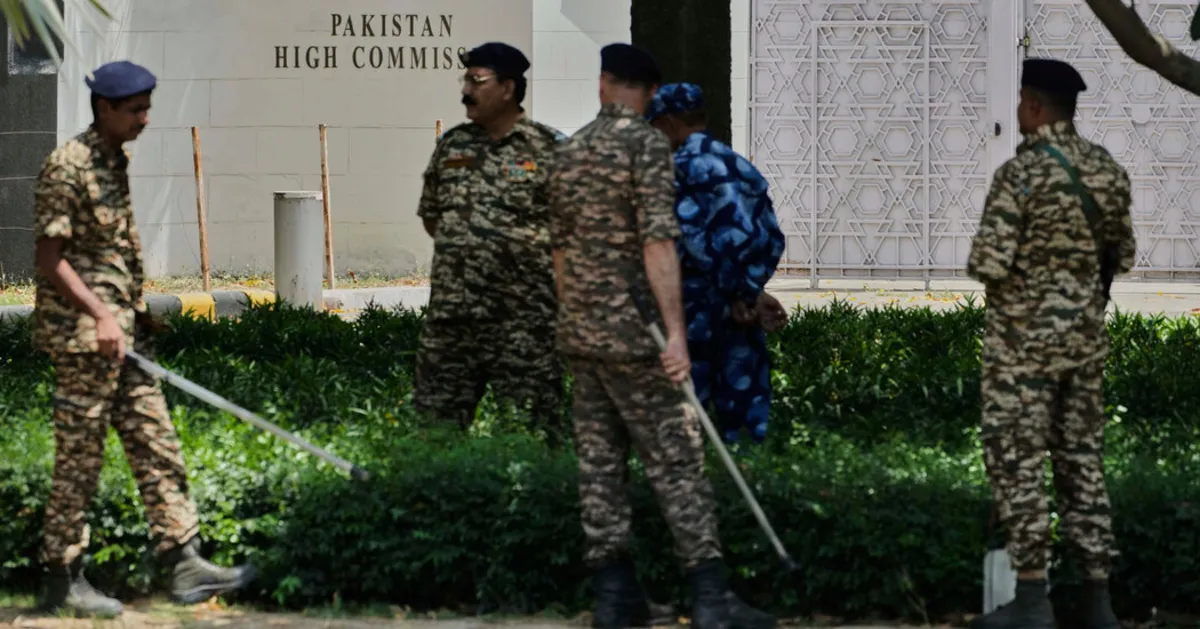
The Pakistani government adopted a measured tone following a tragic incident in Kashmir where militants killed over two dozen Indian civilians. Officials emphasized that Pakistan has no interest in escalating tensions with its neighbor, India. However, the atmosphere in Pakistan is increasingly tense as citizens remain vigilant amidst rising rhetoric from Indian officials, who have hinted at potential military responses to the attacks.
Across the nation, many in Pakistan are expressing growing concern regarding the possibility of military strikes from India. Television broadcasts are filled with commentary from defense analysts, who warn that any escalation of hostilities between the two nuclear-armed neighbors could lead to unpredictable and dangerous consequences. As the situation develops, the focus remains on diplomatic measures to prevent further conflict.
In the aftermath of the attack in Kashmir, which is a region both India and Pakistan claim and have historically fought over, the Indian government has not publicly identified any specific militant group responsible for the violence. However, they swiftly announced a series of punitive measures against Pakistan, including the suspension of a critical water treaty. This action was framed as a response to what India perceives as Pakistan’s ongoing support for terrorist activities within its borders.
Following India's announcements, the Pakistani government responded by scheduling a meeting of the National Security Committee (NSC), the highest decision-making body concerning security and foreign policy in the country. This meeting, set for Thursday, aims to formulate an appropriate response to the escalating tensions and the recent violence in Kashmir.
The response to the violence has followed a familiar pattern. The Indian news media, which largely supports Prime Minister Narendra Modi's government, quickly pointed fingers at Pakistan for the attack. In contrast, Pakistan has vehemently denied any involvement, accusing India of attempting to deflect blame away from its own security failures in the troubled region of Kashmir.
As the situation unfolds, both nations continue to navigate a complex landscape of historical grievances and contemporary political challenges. The international community watches closely, hoping for a peaceful resolution to the ongoing tensions.